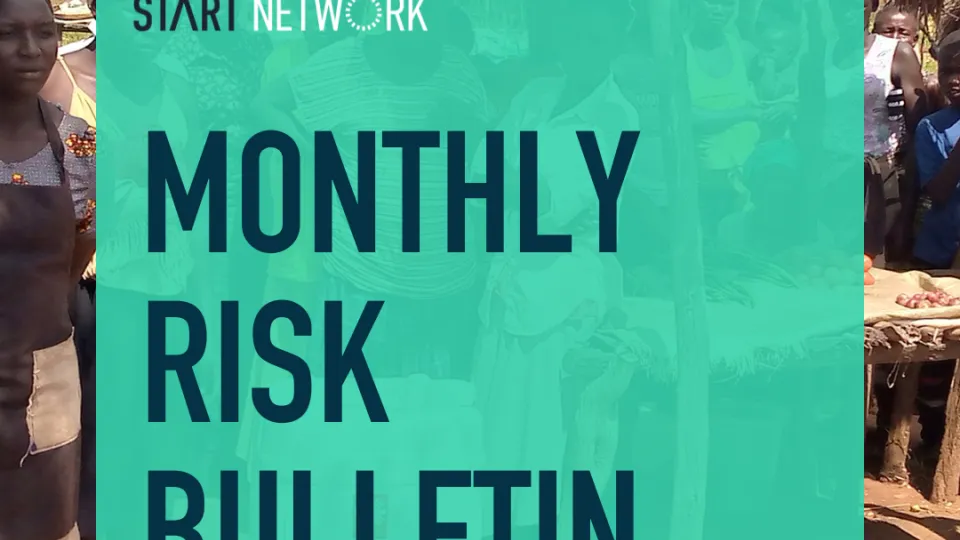
Start Fund Risk Bulletin: June 2025
The Start Fund monthly Risk Bulletin reports on new, emerging or deteriorating situations.

The Start Fund monthly Risk Bulletin reports on new, emerging or deteriorating situations.

The Start Fund monthly Risk Bulletin reports on new, emerging or deteriorating situations.
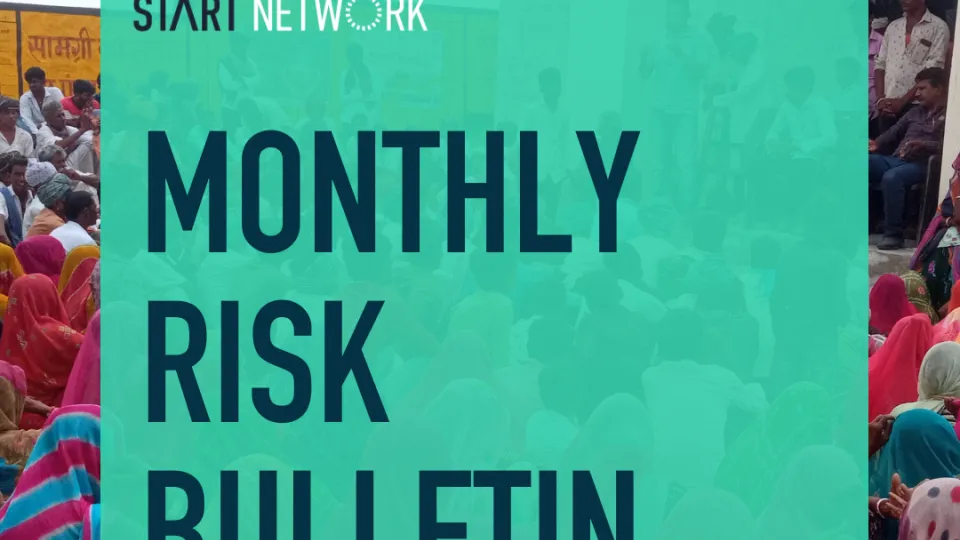
The Start Fund monthly Risk Bulletin reports on new, emerging or deteriorating situations.
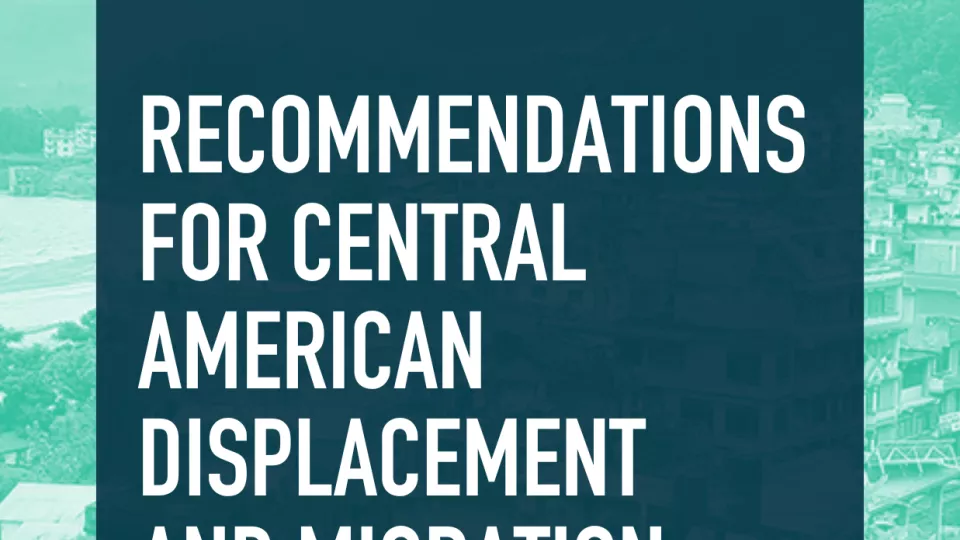
Taken from previous Start Fund-awarded projects, this document compiles recommendations that have been given by members about how to respond to migration crises in Central America.
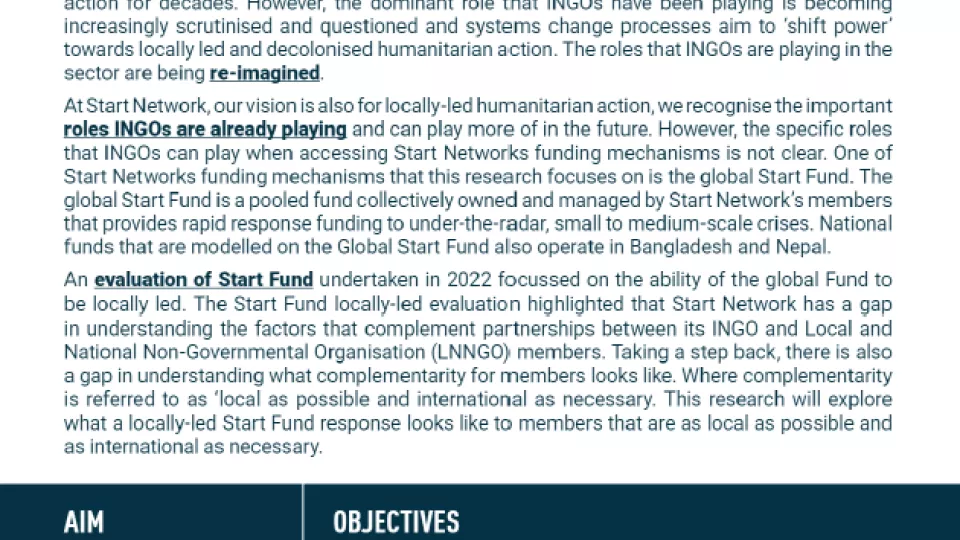
In 2022, an evaluation of the Start Fund explored ways the flagship programme could become more locally led.
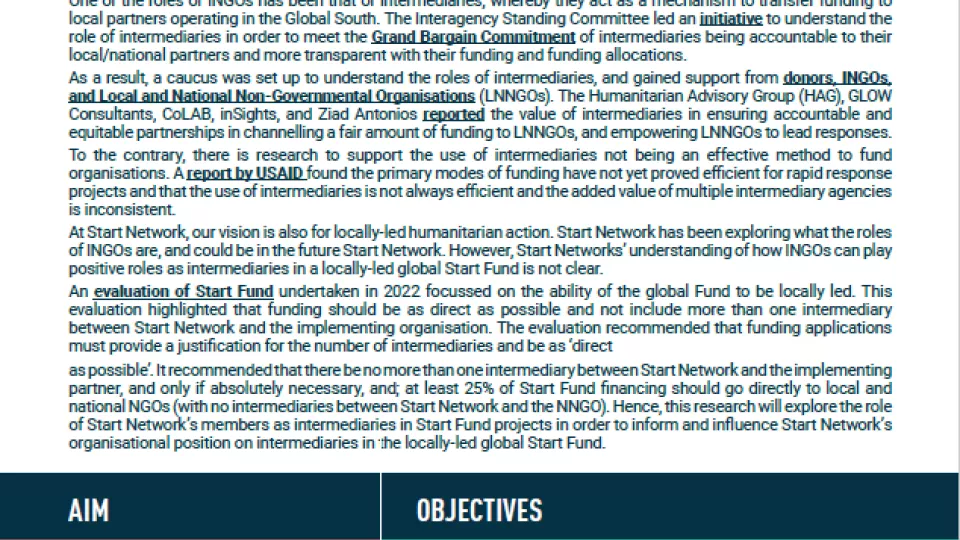
In 2022, an evaluation of the Start Fund explored ways the flagship programme could become more locally led. Two recommendations were made to Start Network, which required a deeper understanding of the role that members have as intermediaries and in complementary consortiums.
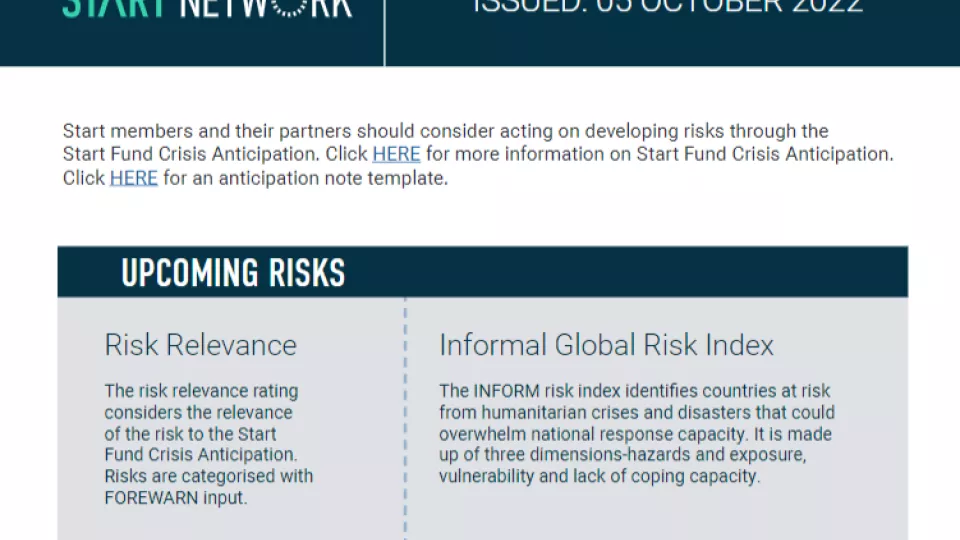
The monthly risk briefing reports on new, emerging or deteriorating situations; therefore, ongoing events that are considered to be unchanged are not featured and risks that are beyond the scope and scale of the Start Fund are also not featured.
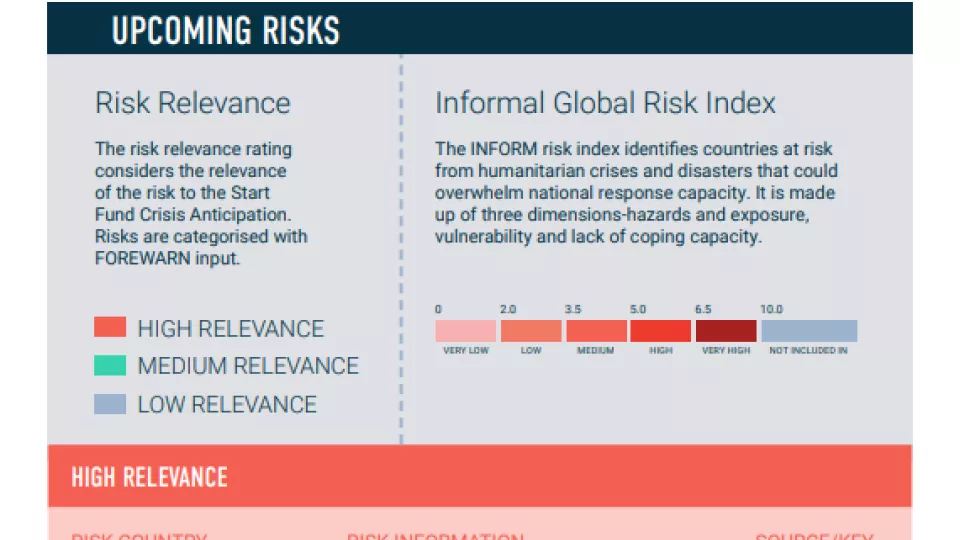
The monthly risk briefing reports on new, emerging or deteriorating situations; therefore, ongoing events that are considered to be unchanged are not featured and risks that are beyond the scope and scale of the Start Fund are also not featured.
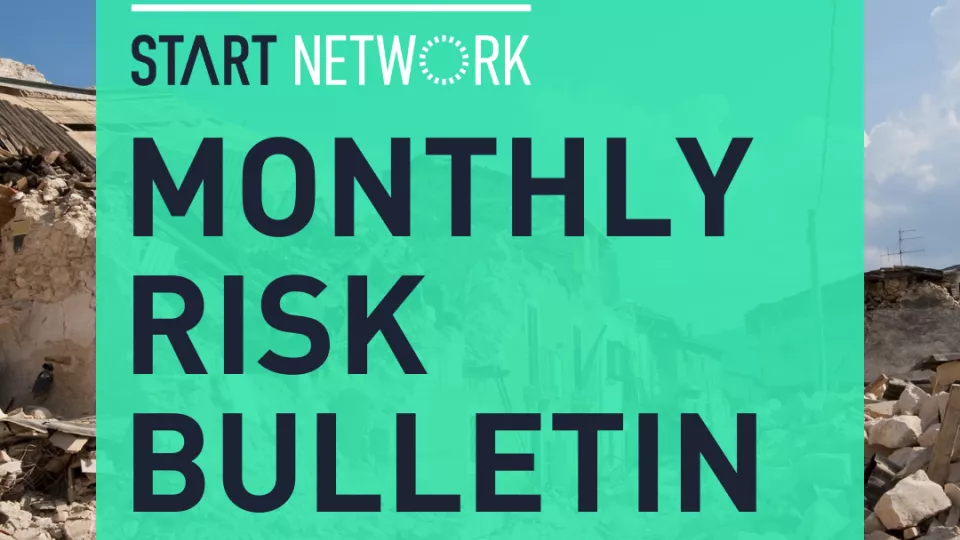
The monthly risk briefing reports on new, emerging or deteriorating situations; therefore, ongoing events that are considered to be unchanged are not featured and risks that are beyond the scope and scale of the Start Fund are also not featured.
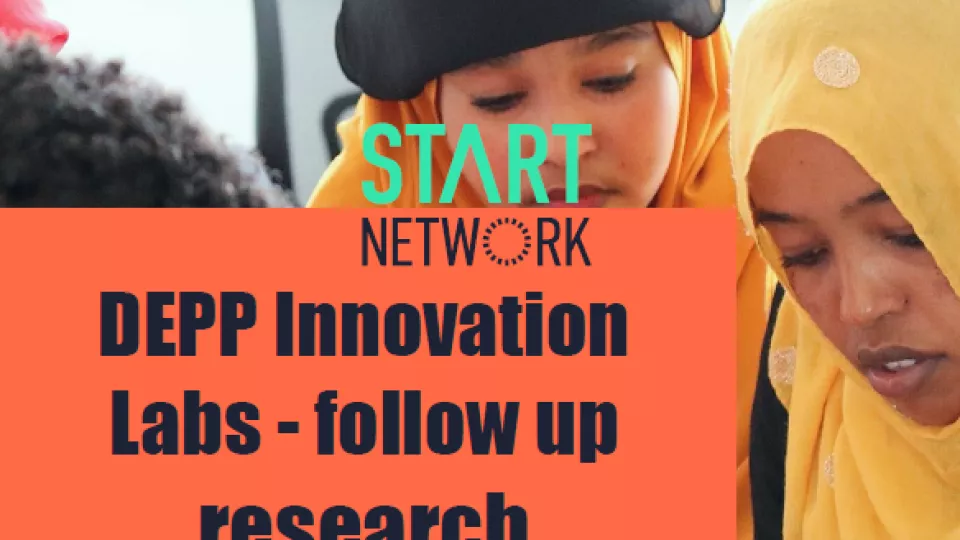
The DEPP Innovation Labs programme was a two and a half year initiative from 2016-2019 that supported the creation of four community-centred innovation labs in disaster-affected countries (Bangladesh, Jordan, Kenya and the Philippines) to strengthen disaster preparedness and response. The programme was managed by Start Network and the Communicating with Disaster Affected Communities (CDAC) Network. The labs offered skills training, business mentoring, financial support, and the necessary infrastructure to turn local ideas into viable, scalable solutions. All the innovation labs followed a human-centred design process to create local-level solutions that work for and with vulnerable people. Overall, the DEPP Labs supported close to 100 innovations covering a broad range of areas such as early warning communication systems, disaster awareness education tools, protective flood barriers, agricultural tech applications to counter the effects of drought and transport and accommodation solutions for refugees.